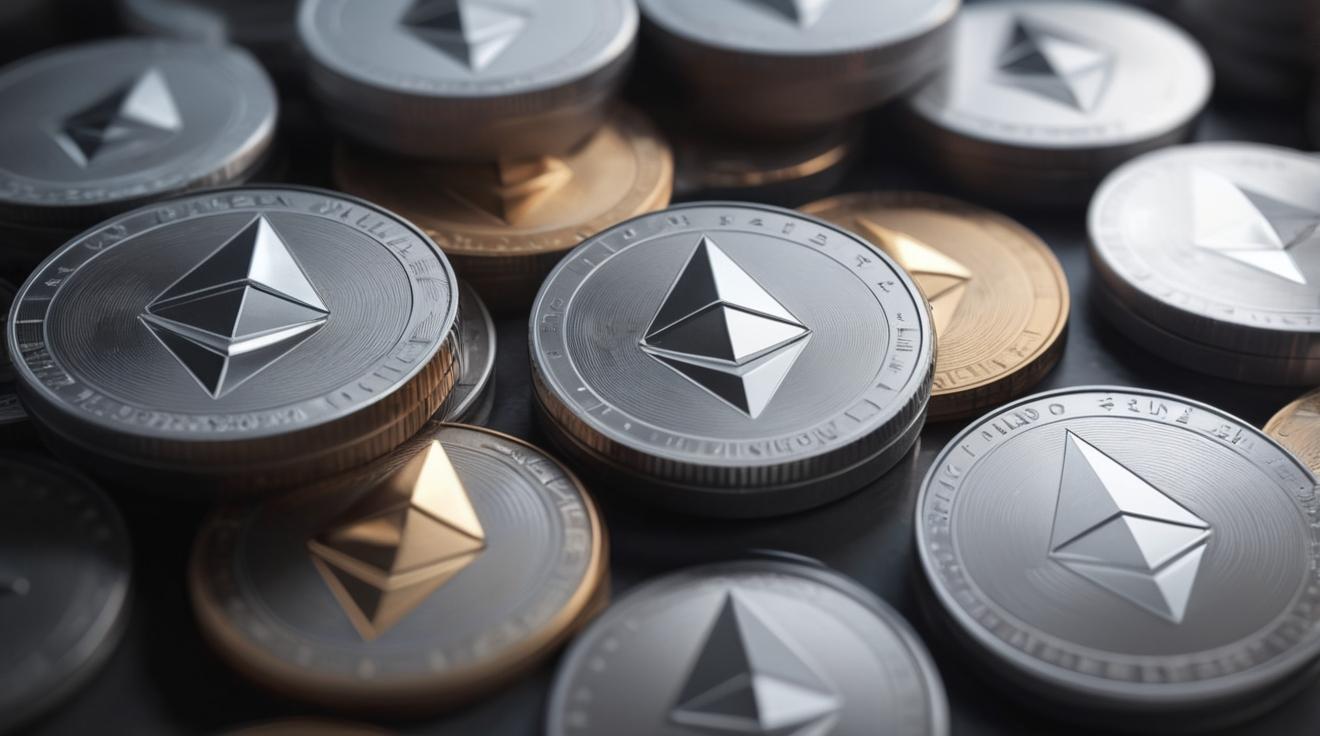Brazil's Battle Against Cryptocurrency Laundering
The Civil Police in Sao Paulo have struck a blow against organized crime by dismantling a sophisticated money laundering operation run by the Primeiro Comando da Capital (PCC), a notorious drug cartel. This operation was unique as it employed cryptocurrencies to clean illicit money, highlighting a growing trend among criminal outfits.
The PCC gang managed a cryptocurrency exchange that facilitated laundering over $88.6 million USD, translating to approximately 500 million Brazilian reais. The scheme was audaciously registered under the name of a 23-year-old woman, allegedly the daughter of a city council candidate for Mogi das Cruzes. A police raid on the company's headquarters led to the seizure of 55 million reais in checks.
Cryptocurrency and Crime
Cryptocurrencies, digital assets that operate on blockchain technology, offer both transparency and anonymity, making them attractive to criminals worldwide. In Brazil, this isn't an isolated incident. Earlier in the year, the Brazilian federal police disrupted a massive $2.6 billion crypto laundering operation. This highlights an alarming use of digital currencies by criminal entities.
In another striking case, in June 2023, Brazil's Special Department of Federal Revenue raided six local crypto exchanges accused of laundering $380 million. Even internationally, cryptocurrency has been linked to illicit activities. A UK-based individual faced scrutiny for using crypto to launder proceeds allegedly connected to Sérgio Roberto de Carvalho, a high-profile drug lord wanted by Interpol.
Wider Implications and Responses
This trend extends beyond Brazil, with criminal organizations across Latin America, such as the Sinaloa Cartel and MS-13, exploiting cryptocurrencies for illegal activities. Despite this, the allure of cryptocurrencies in Brazil remains strong. The nation saw a notable 30% increase in crypto trading volume in 2024.
In response to these challenges, Brazil is moving towards stricter digital asset regulations. The Central Bank of Brazil plans to introduce these regulations within the year. Financial institutions are not shying away from this sector either. On June 12, Itaú Unibanco, Brazil's largest bank, integrated Bitcoin and Ethereum trading into its mobile app. Additionally, asset management giant BlackRock launched its spot Bitcoin ETF in March, targeting this burgeoning market.
This scenario underscores the dual nature of cryptocurrencies: as instruments of innovation and as tools for crime. As Brazil's authorities step up efforts to regulate and monitor this space, the balance between fostering growth and curbing misuse remains a critical focus.













